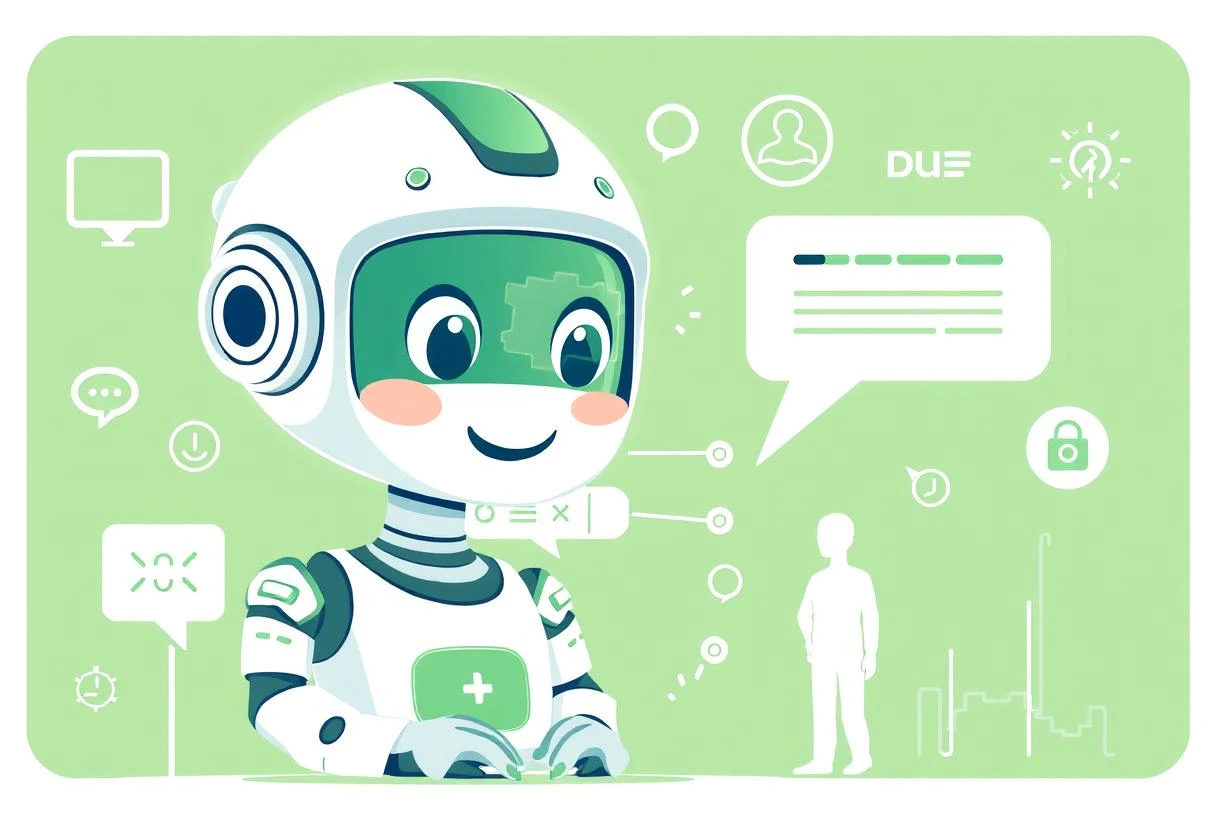Artificial Intelligence (AI) tools are rapidly becoming an integral part of our daily lives, transforming how we shop, communicate, and access services. As these technologies evolve, they bring both exciting opportunities and new challenges—especially when it comes to consumer rights. Understanding how AI might either violate or support these rights is essential as we navigate this digital age.
What Are Consumer Rights?
Consumer rights are protections granted to buyers of goods and services to ensure fairness, safety, and informed decision-making. These include the right to privacy, transparency, data protection, fair treatment, and the ability to lodge complaints or seek redress.
As AI tools take center stage, their impact on these rights becomes a pressing concern. Let’s explore the different ways new AI technologies influence consumer protections.
How AI Tools Could Violate Consumer Rights
1. Privacy Intrusions and Data Misuse
Many AI applications rely on collecting and processing vast amounts of personal data for personalization or predictive analytics. Without strict safeguards, this can lead to unauthorized use, data breaches, or intrusive profiling that invades consumer privacy.
For example, some AI-powered platforms track user behavior extensively, sharing information with third parties without explicit consent. This misuse not only erodes trust but also endangers sensitive personal information.
2. Biased Algorithms and Discriminatory Practices
AI systems learn from existing data, which may contain biases reflecting societal inequalities. If unchecked, these biases can cause unfair treatment of consumers based on race, gender, age, or other characteristics.
Such discriminatory outcomes undermine the right to equal treatment and can affect critical decisions like loan approvals, pricing, or access to services.
3. Lack of Transparency and Accountability
Consumers often remain in the dark about how AI systems make decisions. The “black box” nature of many AI models complicates understanding and challenging potentially harmful outcomes.
This opacity weakens consumers’ right to clear information and impairs their ability to hold companies accountable for unfair practices.
4. Manipulation and Exploitative Marketing
AI tools can craft highly personalized marketing strategies that exploit consumer psychology. Aggressive targeting or manipulative tactics may pressure consumers into decisions not fully aligned with their interests.
Such practices threaten the right to make informed and voluntary choices.
How AI Tools Could Support Consumer Rights
1. Enhanced Personalization and Convenience
When designed responsibly, AI can improve consumer experiences by tailoring products, services, and recommendations to individual needs. This personalization respects consumer preferences and promotes better satisfaction.
2. Improved Fraud Detection and Security
AI’s ability to analyze patterns can strengthen protection against fraudulent activities, safeguarding consumers’ financial and personal data. Early detection of suspicious transactions or identity theft enhances consumer security rights.
3. Accessible and Efficient Customer Service
AI-powered chatbots and virtual assistants make customer support more accessible around the clock. They help resolve queries swiftly and improve complaint handling, supporting consumers’ rights to timely and effective redress.
4. Empowering Consumer Education
AI can help provide clear, customized information to consumers about products, services, and their rights. Interactive tools and personalized content empower consumers to make better-informed decisions, enhancing transparency.
Finding the Balance: Regulating AI to Protect Consumers
Realizing the full potential of AI while protecting consumer rights requires robust regulation and ethical AI design. Policymakers, businesses, and tech developers must collaborate to:
- Establish clear guidelines on data privacy and consent
- Promote fairness and eliminate bias in AI algorithms
- Ensure transparency in AI decision-making
- Prevent exploitative marketing practices
- Foster consumer awareness about AI’s role and their rights
Conclusion
New AI tools hold tremendous promise to revolutionize consumer experiences by offering convenience, security, and personalized services. However, they also pose risks that could undermine fundamental consumer rights through privacy breaches, bias, and manipulation.
Consumers, companies, and regulators all have crucial roles to play in steering AI development toward ethical practices that protect consumers. By advocating for transparency, fairness, and accountability, we can harness AI’s power responsibly and create a digital marketplace that respects and supports consumer rights.
Take Action Today
Stay informed about your consumer rights in the AI era. Demand transparency from companies using AI tools. Encourage policymakers to enforce strong protections. Your voice matters in shaping a fair and safe AI-powered future for all consumers.






